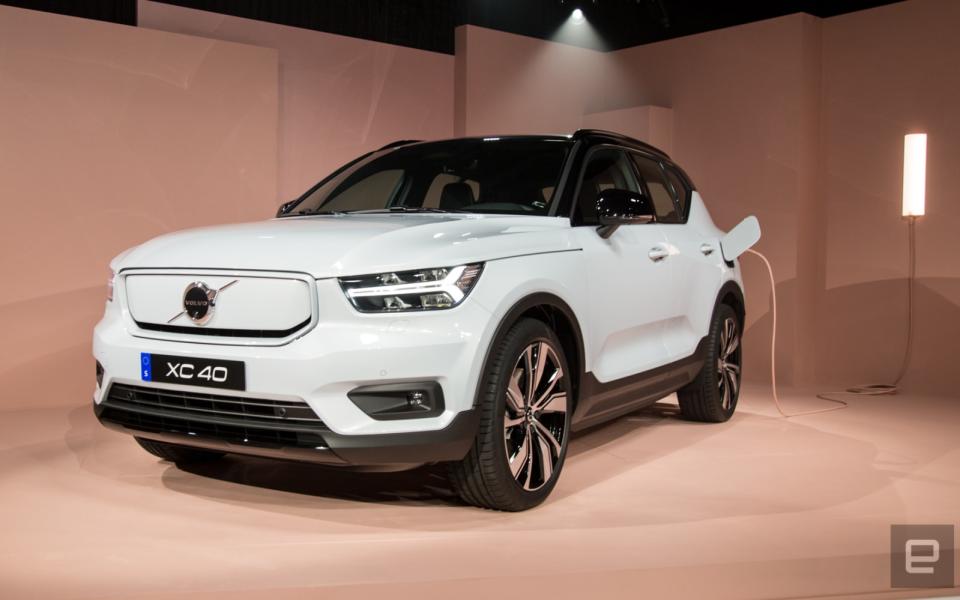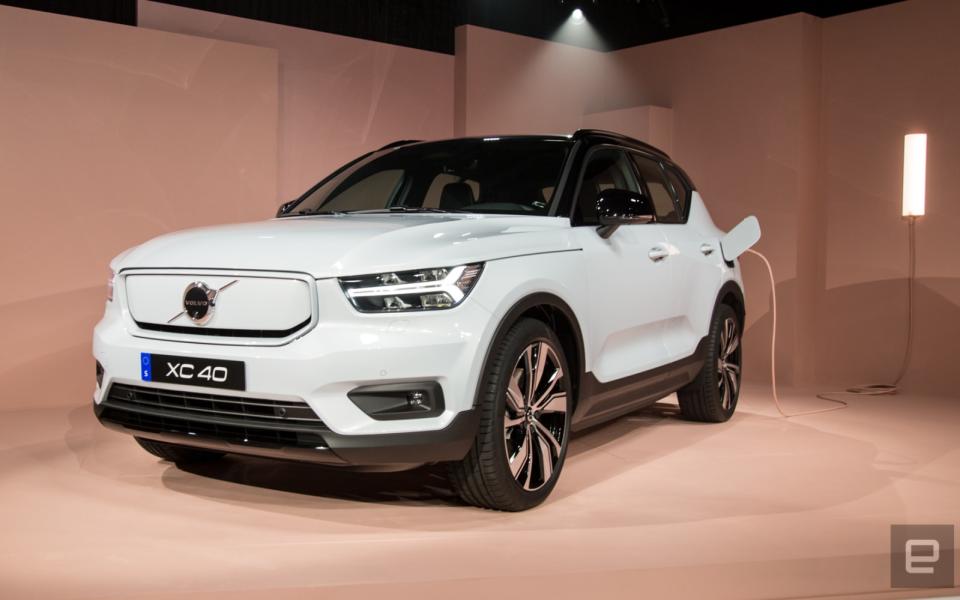Volvo will use blockchain to prove its cobalt wasn’t mined by children
The system will track the raw material used in Volvo’s EV batteries.
The dark side of electric vehicle production is that the lithium ion batteries most EVs run on require raw materials like cobalt, and cobalt mines have become notorious for using child labor. Now that Volvo has revealed its first fully-electric car, the XC40 Recharge, the automaker wants to ensure sure that the raw materials in its lithium ion batteries are sourced responsibly. For that, it's turning to blockchain.
Volvo Cars will work with its two global battery suppliers, CATL of China and LG Chem of South Korea, and blockchain technology firms to trace its cobalt production. The data in the blockchain will include the cobalt's origin, attributes like weight and size, as well as the chain of custody.
"We have always been committed to an ethical supply chain for our raw materials," Volvo Car's Head of Procurement Martina Buchhauser said in a statement. "With blockchain technology we can take the next step towards ensuring full traceability of our supply chain and minimising any related risks, in close collaboration with our suppliers."
Volvo Car says it will begin using the blockchain traceability system this year. The companies involved have agreed to use the system to cover the supply of batteries over the next decade, for next generation Volvo and Polestar models, including the XC40 Recharge. Volvo Cars expects half of its global sales to be fully electric cars by 2025, and the company has pledged to reduce its carbon emissions by 40 percent per vehicle by the same year. Those goals will require more batteries and more ethically-sourced cobalt.


